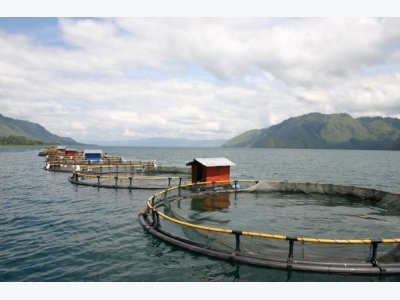Aquacultures Positive Impact on the World

Besides providing a consistent source of food for many communities, aquaculture has an overall positive effect not only on the environment, but the world at large. Here are just a few of the benefits of farming fish done right from fish farming pioneer Regal Springs Tilapia.
It Provides Opportunities and Benefits to Small Communities
Aquaculture is a great provider of jobs globally. At the Regal Springs farms across Mexico, Honduras and Indonesia the company employs over 7,000 people. Here, they make sure their employees are paid a fair, living wage and have access to health benefits such as free checkups, immunization and ambulances when needed.

It Preserves the Environment
When built correctly, the water is kept very clean so the fish farmed can continue to be of the upmost quality. The water is tested routinely to make sure it is free of contaminates that could damage the local ecosystem.

It Helps Build Communities
Each year, Regal Springs spends millions of dollars on projects in the communities where they operate farms. These projects, which include building infrastructure, not only help the community travel more safely, but also help to ensure the water in the community is clean, safe and free from waste.

It Provides Security to the Communities
One of the highest priorities at Regal Springs is providing food to the people and communities who make their business possible. For this reason, they provide excellent wages to their employees and work towards using renewable resources to create food security that will keep their employees and the larger communities well fed.

It Eliminates Waste and Uses it Responsibly
Aquaculture companies have the ability to operate under zero-waste policies where they use the whole fish for various resources including what is not for consumption. Some of those resources include being used in cosmetics, other food products and even clothing. Less waste means a cleaner future.

Photo credit: Regal Springs Facebook
Có thể bạn quan tâm
 Can Aquaculture Save the World?
Can Aquaculture Save the World? In the last half century, aquaculture has gone from being small-scale and marginal to becoming a major force of global food production.
 What is Aquaculture? 5 Facts You Should Know
What is Aquaculture? 5 Facts You Should Know Aquaculture, also known as fish farming, is the farming of aquatic organisms such as fish, crustaceans, molluscs and aquatic plants.
 What is Aquaculture? A Brief History of Fish Farming
What is Aquaculture? A Brief History of Fish Farming While some people think that fish farming is a new phenomenon, fish farming has actually been around for thousands of years.